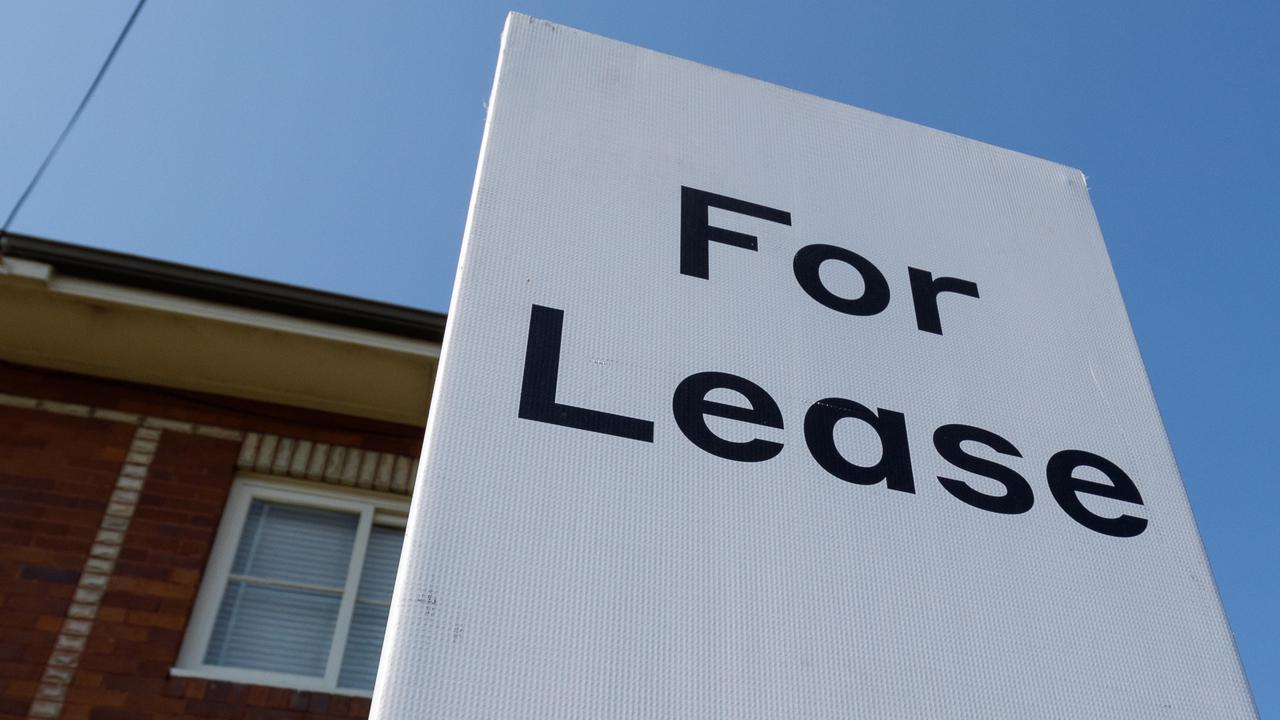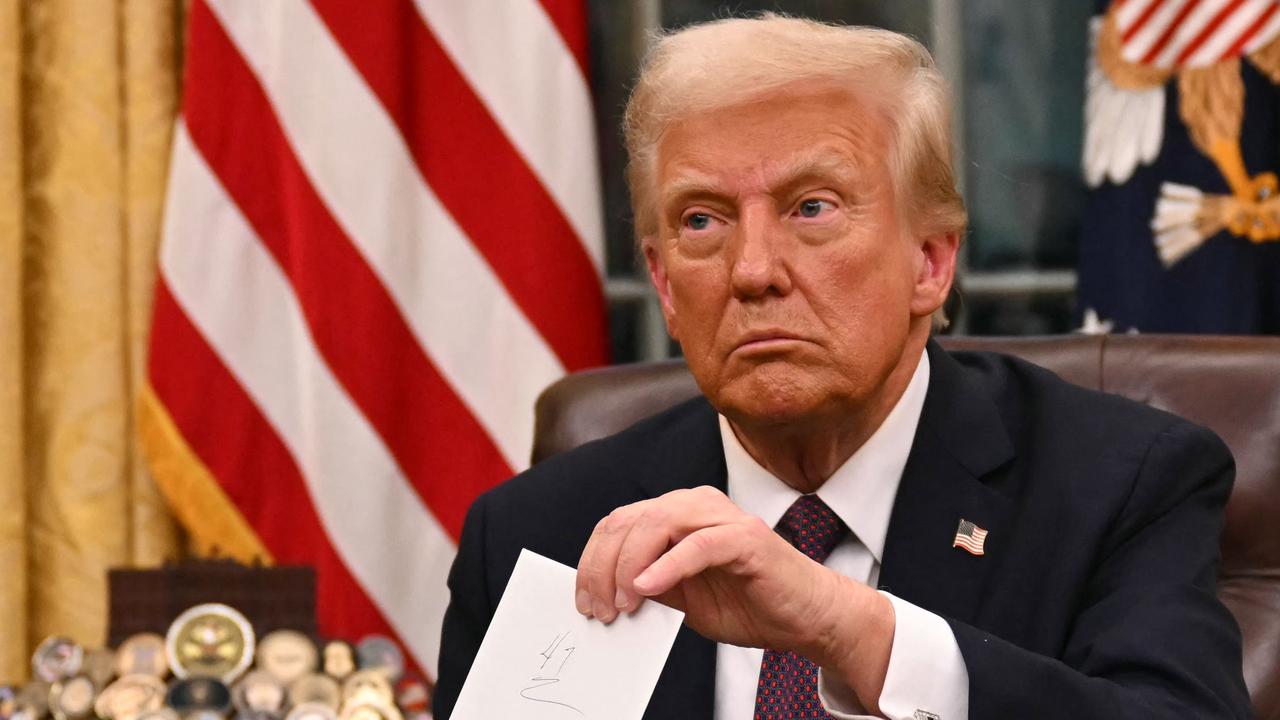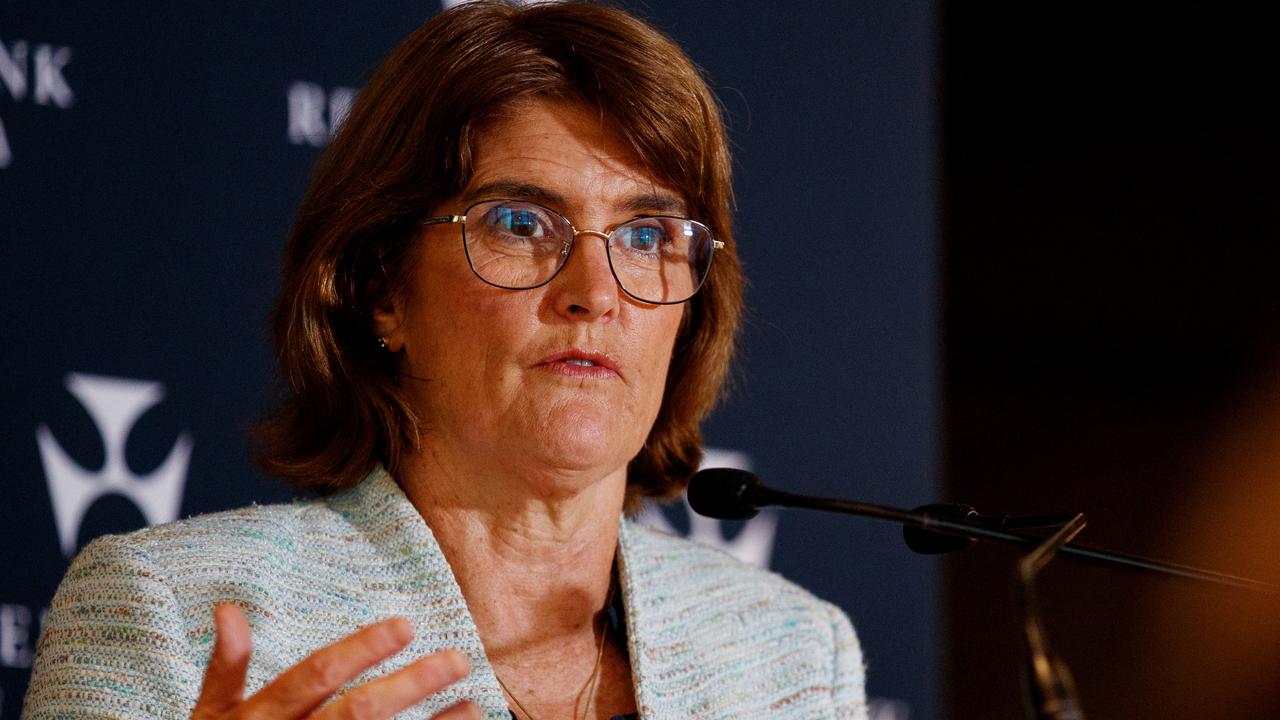Citizenship Minister says we need to manage population growth in Sydney and Melbourne
AS AUSTRALIA’S population surpasses 25 million, our nation faces a clear problem. But this could be the answer.
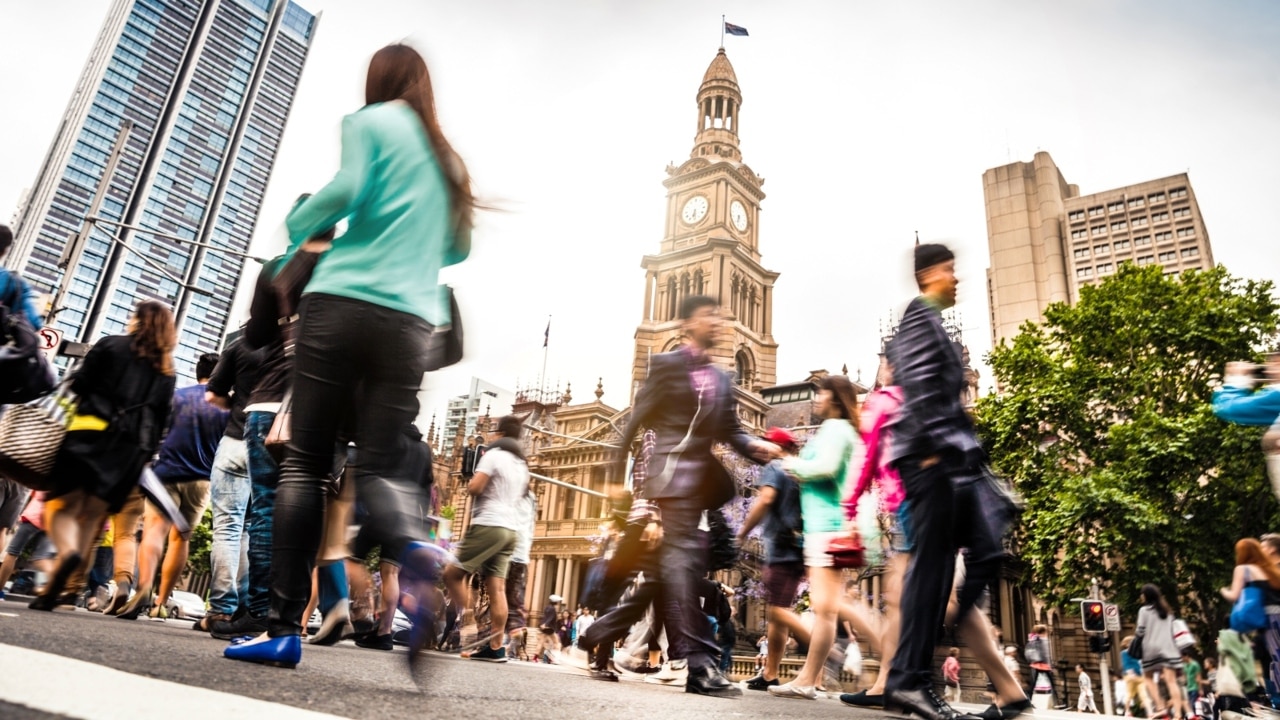
AUSTRALIA’S population surpassed 25 million at 11.01pm last night.
The population clock estimated this record on the basis that our number increases by one person every 83 seconds.
But over the past six months, concerns have been raised over whether our biggest cities can continue to cope under the strain of new arrivals.
READ MORE: Who will be Australia’s 25 millionth resident?
According to new Department of Home Affairs figures, 87 per cent of the 111,000 skilled migrants who arrived in the country this past financial year had permanently settled in Sydney or Melbourne.
While Australia prepared to hit its milestone, Citizenship Minister Alan Tudge yesterday gave a speech to the Business Council of Australia forum in Melbourne, in which he said population growth needs to be distributed more evenly.
“Population growth is not a one-dimensional issue,” he said in the speech. “Rather, it involves size and distribution.
“If the population was distributed more evenly, there would not be the congestion pressures that we have today in Melbourne and Sydney. Nor would there be if the infrastructure was built ahead of demand.”
In the speech, Mr Tudge announced a “Designated Area Migration Agreement” — a migration and settlement policy which would include visas conditional on settling in cities outside of Sydney and Melbourne.
He noted other parts of the country where there aren’t enough foreign skilled workers to meet the demand, including roles too specific to be on a national skills shortage list.
“In Far North Queensland, for example, there is a desperate shortage of Chinese-speaking scuba diving instructors to cater for the booming number of Chinese tourists coming to Australia.”
South Australia faces a similar problem.
Last month, South Australian Premier Steven Marshall said his state desperately needs more people, asking the Federal Government for “preferential migrant status” to encourage foreign students and skilled migrant workers to come to his state.
He described a “two-speed economy” where some parts of the country are struggling to cope with their high population numbers, while others are having the opposite problem.
“Last financial year we had about a 10,000 increase. Victoria had a 10,000-person increase every 26 days. Regional Queensland grew at treble the entire South Australian population growth. We would ultimately like to negotiate a preferential migration status for South Australia, especially around increasing regional population and international students,” Mr Marshall said, according to The Australian.
He said massive skills shortages were impacting South Australia’s economy, saying there’s a “mismatch between the skills and desires to work in certain industries”.

Asked when a policy to place migrants in high-need states might be coming in and how it might be implemented, a spokeswoman for the Home Affairs department told news.com.au there were “ongoing discussions about the best way to encourage new migrants to move to regional areas where there are skills shortages”.
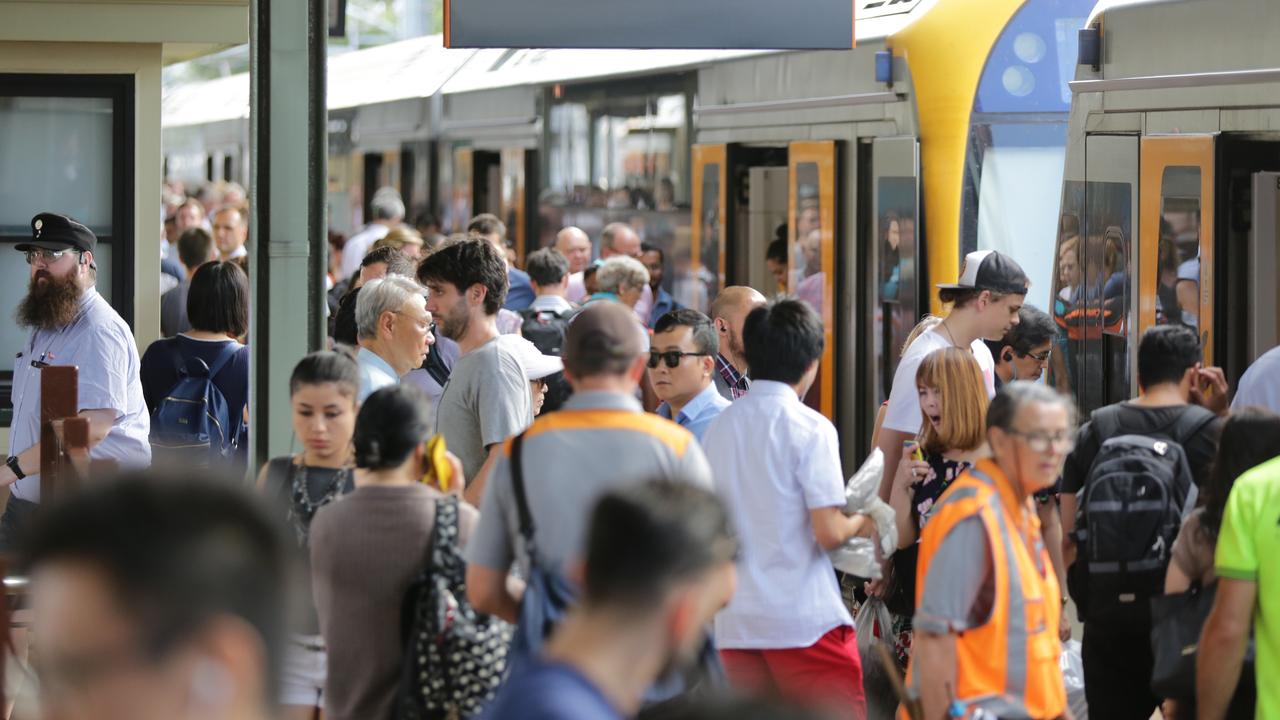
In yesterday’s speech, Mr Tudge warned that business leaders and the wider community need to comprehend the balance between inviting skilled migrants without risking further congestion of our major cities.
“If migration is not managed carefully, it can lead to social fragmentation and heightened security issues,” he said. “It is important for business leaders to understand these other factors as much as the benefits which skilled migration brings.
“Faster population growth may help their bottom line, but it is the broader community that pays for much of the congestion and pressures on social cohesion.
“Some senior business leaders have expressed concern that the only message that they say is heard internationally is that we are closed for migrants. We are absolutely closed for the people-smuggling business but we remain open to orderly skilled migration. These two things are not at odds; to the contrary, strong borders support skilled migration.”
Mr Tudge first floated the idea of new visa rules for migrants in May.
“There are many regions in Australia that are now facing skilled labour shortages and we are working with regional leaders and businesses to find solutions,” he told news.com.au.
“Many migrants are sponsored for permanent residence on the basis of an intent to live and work in regional Australia but don’t stay long in the region once they have their permanent visa. This is obviously not ideal and contributes to the labour shortages.”

